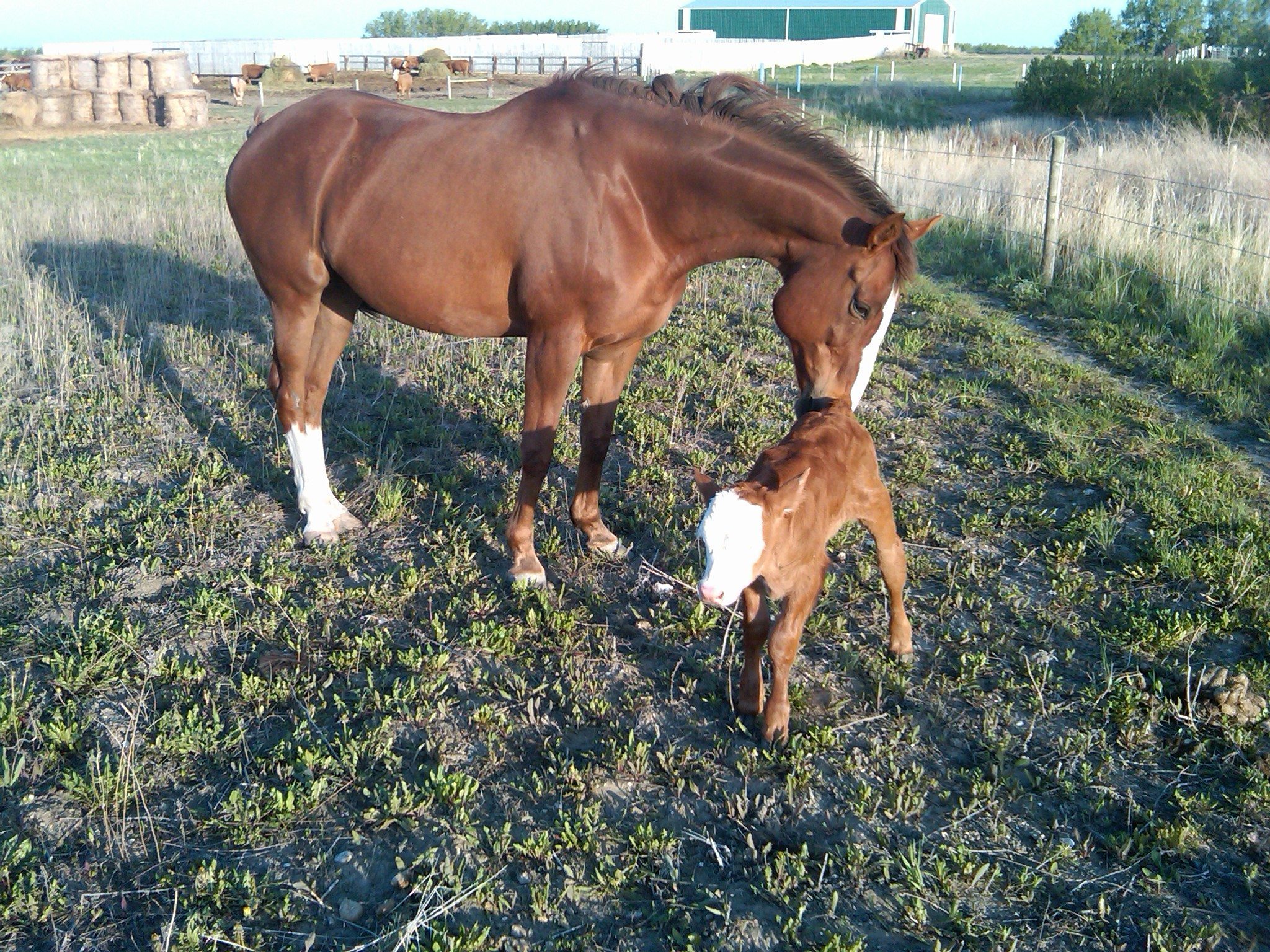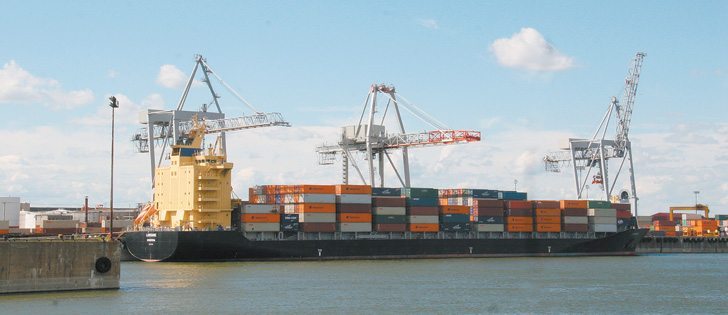North Dakota’s biggest farm group has proposed that a right-to-farm clause be added to the state constitution.
The move is prompted by worries that animal rights advocates could design state laws on livestock welfare and potentially even make standard production practices a criminal offence.
The state’s Farm Bureau is gathering the 26,904 signatures needed to put the following initiative on a ballot in this fall’s election.
“The right of farmers and ranchers to engage in modern farming and ranching practices shall be forever guaranteed in this state. No law shall be enacted which abridges the right of farmers and ranchers to employ agricultural technology, modern livestock production and ranching practices.”
Read Also

Farmer ownership cannot be seen as a guarantee for success
It’s a powerful movement when people band together to form co-ops and credit unions, but member ownership is no guarantee of success.
Farm Bureau leaders were spurred to action by the success of animal rights groups in other states in getting referenda passed banning the use of sow stalls, chicken battery cages and veal calf pens.
Worrisome too is the effort of some North Dakota humane groups, supported by the Humane Society of the United States (HSUS), to pass a ballot initiative to make severe cruelty to dogs, cats and horses a felony in the state. North Dakota, South Dakota and Idaho are the only states where animal cruelty is only a misdemeanour.
State farm groups are not against strong legislation and are working on an alternate proposal protecting all animals, not just companion animals. The farm groups’ real worry is the involvement of the HSUS and its agenda, which is not only to protect animals but to “reform industries,” particularly livestock production.
They fear a slippery slope that would ultimately criminalize the production of commodity animals.
Canadian farmers watching these developments might think it is high time North Dakotans develop robust animal protection laws.
In Canada, cruelty to animals is in the Criminal Code and its penalties were updated and made more severe in 2008.
Farmers here might also breathe a sigh of relief that our political system does not encourage referenda that can be manipulated by well-funded interest groups such as the HSUS.
However, Canadian farmers are not isolated from another agenda of animal welfare activists: corporate influence.
On that front, activists have brilliantly developed a strategy to turn retailers into animal welfare watchdogs.
They have pressured a long and growing list of restaurant chains and food retailers to demand farmer suppliers follow proscribed production practices.
What value is a right-to-farm statement in a constitution when food companies, prodded by animal rights groups, dictate production practices?
There is much talk about the power of value chains, where primary producers, processors and retailers work together to enhance the profitability of each link in the chain, but the producer’s voice is ignored when it comes to animal welfare standards.
It revealed much when the announcement that Safeway was moving to a gestation stall-free supply chain came in a joint news release of Safeway and the HSUS. Hog producer groups were left out.
HSUS owns shares in most major U.S. food companies and uses high profile annual corporate meetings to criticize company presidents about the animal welfare standards of its suppliers.
As U.S. National Pork Producers Council vice-president Dallas Hockman put it, the companies hate the attention and are desperate for a “get out of jail card.” They find it by agreeing to the HSUS’s demands.
Livestock producers and farm groups must cultivate the same corporate influence.














